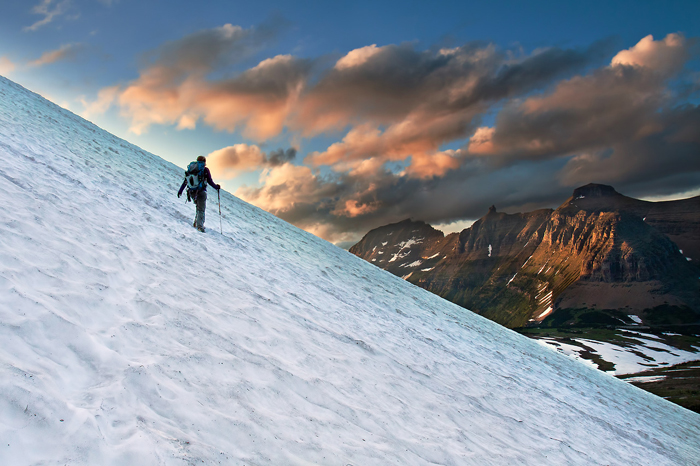Sochi Could Be Too Warm to Host Olympics in 50 Years

This year may be the perfect time for Sochi to host the Winter Olympics, as new research suggests that by the middle of this century, the Russian town could be too warm to support many cold-weather sports.
In fact, the new research found that several of the cites that have hosted Winter Olympics in the past — including Vancouver, British Columbia; Squaw Valley, Calif.; and Garmisch-Partenkirchen, Germany — will not be cold enough to host the Winter Games by mid-century, thanks to global warming.
Over the past two decades, global surface temperatures have risen, and the amount of snow cover in the Northern Hemisphere has decreased, according to climate data released by the United Nations Intergovernmental Panel on Climate Change (IPCC) last year.
Now, researchers at Canada's University of Waterloo and Austria's Management Center Innsbruck have studied climate data provided by the IPCC and the World Meteorological Organization to analyze the impact of global warming on future conditions at Winter Olympics locations. [6 Winter Olympic Sports That Never Made It ]
The researchers focused on two major factors that determine whether former and future Winter Olympic sites would be "climatically reliable" to host the competition again: the probability that daily temperatures would stay below freezing, and the probability that the sites could maintain a snowpack of at least 30 centimeters (11.8 inches). If the site met both criteria for nine out of 10 winters, that site was considered climatically reliable to host the Winter Games.
The team examined the sites in both a low-emissions and high-emissions scenario, depending on whether steps are taken to reduce carbon emissions.
They found that, even with conservative estimates, only 11 of the 19 former sites could host the competition in the coming decades, meaning they would be "climatically reliable."
Sign up for the Live Science daily newsletter now
Get the world’s most fascinating discoveries delivered straight to your inbox.
The results could have implications for where and how future Winter Olympics might be hosted, said study researcher Daniel Scott, of the University of Waterloo. "The games themselves will probably have to evolve," he said.
Indoor winter sports, such as hockey, could likely become the competition's main component, Scott told Live Science. "It is the outdoor-sports program that the games need to deliver that would be at risk."
Previously, in a letter to President Barack Obama, a group of Winter Olympic medalists expressed their concern about the effect of global warming on winter-sports conditions.
"As professional athletes, representing a community of 23 million winter-sports enthusiasts, we're witnessing climate change firsthand," they wrote in April 2013. "Last year was the warmest year on record, and once again, we're currently experiencing another winter season of inconsistent snow and questionable extremes. Without a doubt, winter is in trouble."
The sites of future games, as well as the cities bidding to host the games, will probably change as a result of a warming climate, Scott said.
A limitation of the study may be its sole focus on temperature.
"They do focus on temperature, because that is what seems to cause the trouble, so it all makes sense," said Drew Shindell, a climatologist at the NASA Goddard Institute for Space Studies, who was not involved in the study. Future research should also analyze the influence that climate change has on changing precipitation patterns, he said.
It remains unclear how warmer temperatures could influence precipitation. Some recent research shows that because warmer air holds more moisture, climate change may, in fact, increase the amount of precipitation, including snow, in some regions.
Follow Agata Blaszczak-Boxe on Twitter . Follow Live Science @livescience, Facebook & Google+. Original article on Live Science.










